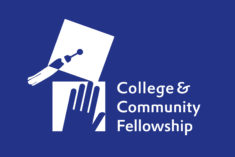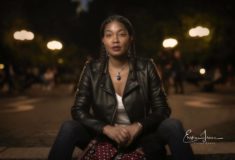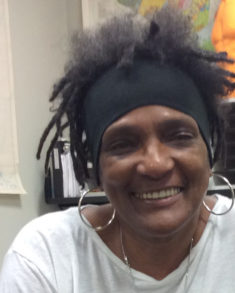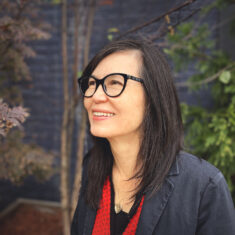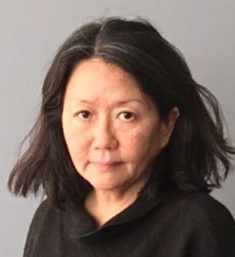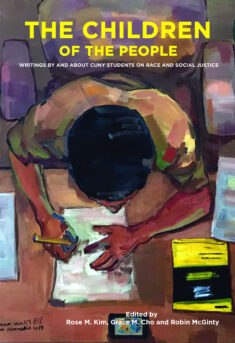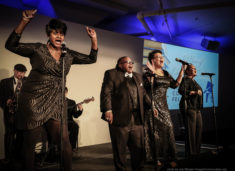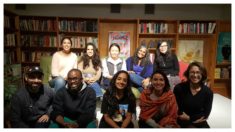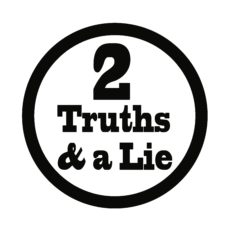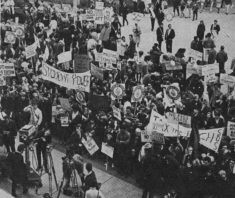About the research team
Autoethnographies of Public Education and Racial (In)Justice will generate narratives of current and past CUNY students to highlight the richness and diversity of the nation’s first public university. This research team is organized around questions of how racial injustice shapes students’ lives before and after they arrive at CUNY and how their experiences here help them to navigate and help change an unequal society. Through a range of projects, this initiative will look at the ways in which CUNY students’ multitudinous experiences as immigrants, people of color, working class, LGBTQ, and/or formerly incarcerated people have shaped their struggles, aspirations and community interactions.
At a time when the value of higher education is too often solely calculated for its economic currency, we hope this project will make visible the human faces of CUNY and give weight to the incalculable value of a liberal arts education for developing a critical self-awareness, and for considering issues of social and racial (in)justice. The project will also strive to showcase creative writing, performance and theater as valuable forms of social research and social action.
This research team is led by faculty coleaders Grace M. Cho, Associate Professor of Sociology, the College of Staten Island, CUNY, and Rose M. Kim, Associate Professor of Sociology, Borough of Manhattan Community College, CUNY.
More info
In Fall 2017, a group of CUNY students and alumni participated in a free memoir-writing workshop led by Bushra Rehman at the Asian American Writers’ Workshop. A core group of six participants will continue to work collaboratively throughout the spring 2018 semester toward compiling and publishing an essay collection, along with performing their work at a reading at the Graduate Center on Monday, April 30, 2018 .
The research team is also partnering with the College and Community Fellowship’s Theater for Social Change to develop an original theater piece, exploring the impact of education on the lives of formerly incarcerated women. Since its founding at the Graduate Center in 2000, the College and Community Fellowship has helped formerly incarcerated women to pursue college degrees. Now located in Harlem, its mission is to “eliminate personal and structural barriers to higher education, economic security, long-term stability, and civic participation for women who have criminal convictions (including those currently and formerly incarcerated) and their families.”
What we do
- Meet with students who took part in a free memoir-writing workshop with community partner Asian American Writers Workshop for CUNY students led by acclaimed author of Corona, Bushra Rehman
- Produce a publication highlighting the narratives of CUNY students
- Develop an original theater piece about the impact of public education in the lives of formerly incarcerated women in collaboration with College and Community Fellowship
- Work with a doctoral student to lead and direct the production
